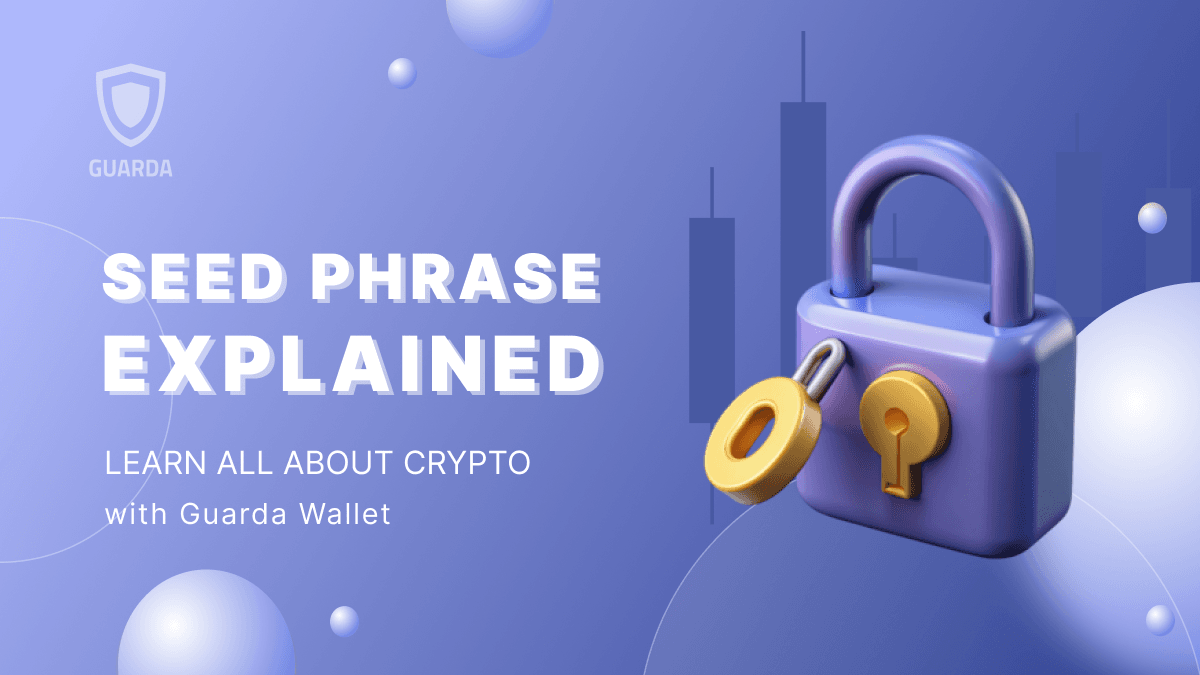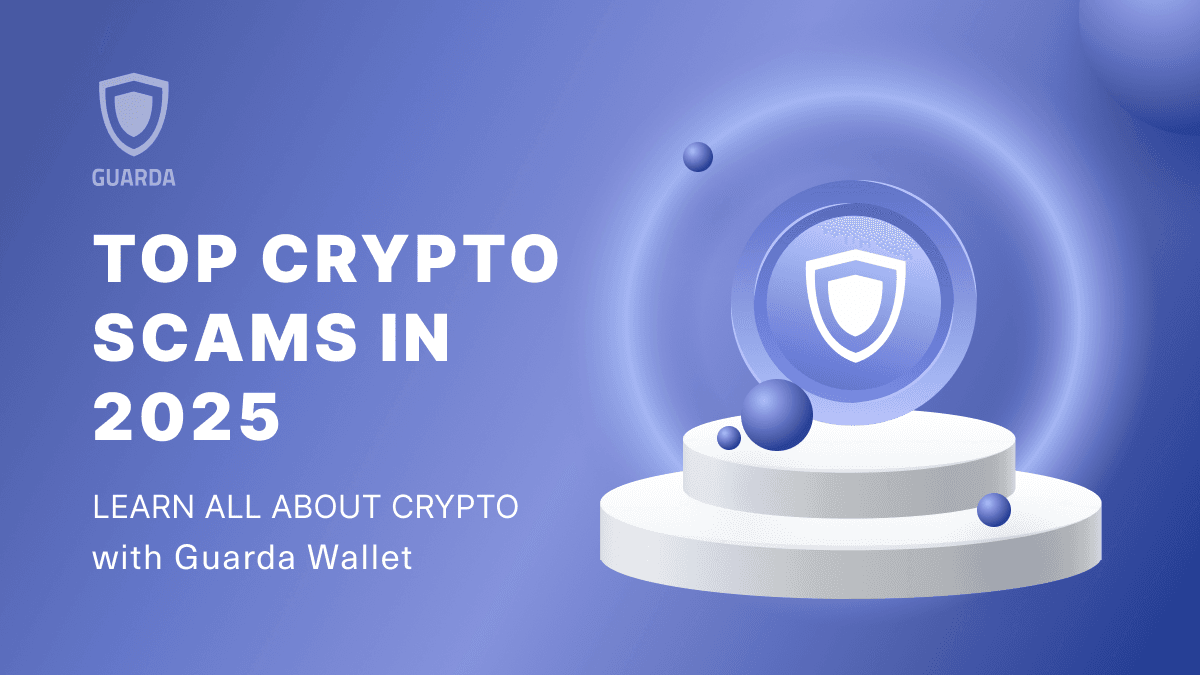Understanding Non-Custodial Crypto Wallets
Non-Custodial Wallets: In a non-custodial wallet, the user has complete control over their private keys, which are necessary to access and manage their cryptocurrencies. This type of wallet does not rely on a third party to store the user’s keys or funds. Popular examples include hardware wallets like Ledger and Trezor, as well as software wallets like Guarda Wallet, MetaMask and Trust Wallet.
Custodial Wallets: In contrast, custodial wallets require users to entrust their private keys and assets to a third party, such as a cryptocurrency exchange or a financial institution. While these wallets can offer convenience and ease of use, they also pose significant risks related to security and control.
Why Use a Non-Custodial Crypto Wallet?
-
Enhanced Security One of the most compelling reasons to use a non-custodial crypto wallet is the enhanced security it offers. When you control your private keys, you are not relying on a third party to safeguard your assets. This eliminates the risk of hacks, breaches, or insolvency that can affect custodial services. History has shown that even well-known exchanges are vulnerable to attacks, leading to substantial losses for users. By using a non-custodial wallet, you mitigate these risks and ensure that you are the sole custodian of your funds.
-
True Ownership and Control Non-custodial wallets empower users with true ownership and control over their digital assets. In the cryptocurrency world, the adage “not your keys, not your coins” underscores the importance of controlling your private keys. With a non-custodial wallet, you have full autonomy to manage your funds, make transactions, and interact with decentralized applications (dApps) without relying on an intermediary. This level of control is fundamental to the ethos of decentralization and financial sovereignty that underpins crypto assets.
-
Privacy Protection Privacy is a significant concern for many cryptocurrency users. Non-custodial wallets offer greater privacy compared to custodial options. Since you are not required to provide personal information to a third party, your transactions and holdings are less susceptible to surveillance and data breaches. This anonymity is particularly valuable in a world where data privacy is increasingly compromised.
-
Reduced Third-Party Risk Using a custodial wallet introduces third-party risk, as you must trust the service provider to act in your best interest. This trust can be misplaced, leading to potential issues such as restricted access, frozen accounts, or even fraud. Non-custodial wallets eliminate these concerns by removing the intermediary, ensuring that you have uninterrupted access to your funds at all times.
-
Access to Decentralized Finance (DeFi) The burgeoning field of decentralized finance (DeFi) relies heavily on non-custodial wallets. DeFi platforms enable users to lend, borrow, trade, and earn interest on their cryptocurrencies without intermediaries. To interact with these platforms, users need non-custodial wallets that allow them to connect directly with smart contracts. By using a non-custodial wallet, you can fully participate in the DeFi ecosystem and take advantage of its innovative financial services.
How to Choose a Non-Custodial Wallet
When selecting a non-custodial wallet, there are several factors to consider to ensure it meets your needs and provides adequate security:
-
Security Features: Look for wallets with robust security features, such as hardware wallet integration, two-factor authentication (2FA), and biometric authentication.
-
User Experience: Choose a wallet with an intuitive interface and easy-to-use features. A user-friendly wallet will make managing your assets more straightforward and reduce the likelihood of user errors.
-
Compatibility: Ensure the wallet supports the cryptocurrencies you intend to store. Some wallets are specialized and may not support a wide range of coins and tokens.
-
Backup and Recovery: A good non-custodial wallet will offer a clear and secure backup and recovery process. This is typically done through a seed phrase, which you must store safely to restore access to your wallet if needed.
-
Community and Support: Opt for wallets with active development communities and responsive customer support. This can be invaluable in troubleshooting issues and staying informed about updates and security patches.
Conclusion
Choosing the right wallet for your cryptocurrency assets is crucial for ensuring their security and ease of use. By selecting a user-friendly wallet that is compatible with the cryptocurrencies you hold, you can minimize the risk of errors and ensure smooth management of your funds. Additionally, having a reliable backup and recovery process in place, such as a secure seed phrase, is essential for protecting your assets in case of emergencies. Lastly, opting for a wallet with a strong community and responsive customer support can provide peace of mind and assistance when needed. By considering these factors, you can confidently manage your cryptocurrency assets with ease and security.



